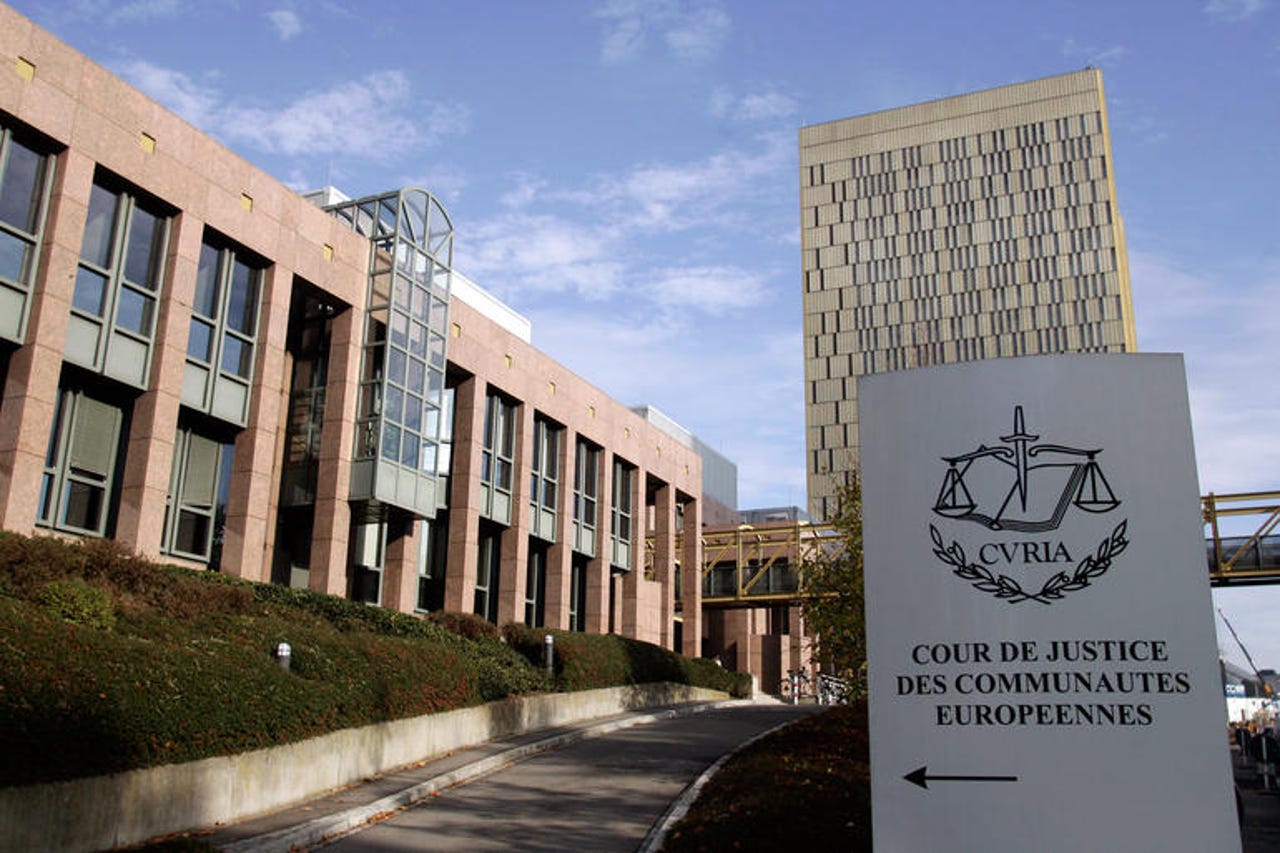EU's highest court rules net neutrality is incompatible with 'zero tariffs'


The European Union's highest court has ruled that its net neutrality rules are incompatible with the practice of providing consumers with commercial services under a "zero tariff" as all traffic must be treated equally.
It is the first time the European courts have provided a ruling on the bloc's net neutrality rules.
The practice of applying a "zero tariff" refers to telcos providing certain apps and services to users without any data restrictions, while simultaneously slowing down data speeds for other available applications and services once users reach their plan's data cap.
The judgment arose after a Hungarian court made two decisions that compelled local telco Telenor Magyarorszag Zrt to put an end to its zero tariff practices.
After these decisions at Hungarian court, Telenor referred the matters to European Court of Justice (CJEU) where the most recent decision was made.
According to the Grand Chambers, the CJEU's highest court, zero tariffs undermine the EU's net neutrality rules, which are aimed at safeguarding equal and non-discriminatory treatment of traffic.
"Such packages are liable to increase the use of certain specific applications and services, namely those which may be used without restriction on a 'zero tariff' once the data volume included in the tariff purchased by customers has been used up, and are, accordingly, liable to reduce the use of the other applications and services available," the Grand Chambers found.
Adopted in 2015, the EU's net neutrality rules initially received backlash when they first came into effect.
"Without strict interpretation of the text, there could potentially be 28 different implementations of the rules across Europe, causing risks of abuse, legal uncertainty for internet users and the internet industry," Access Now policy analyst Estelle Masse said at the time.
Related Coverage
- European ISPs report mysterious wave of DDoS attacks
- Privacy concerns prompt Irish regulators to ask Facebook to stop sending EU user data to the US
- Norwegian Parliament discloses cyber-attack on internal email system
- AI may not predict the next pandemic, but big data and machine learning can fight this one
- EU General Court overturns Apple's €13 billion Irish tax bill
- European court strikes down EU-US Privacy Shield user data exchange agreement as invalid
- EU Court of Justice ruling may spell the death of social like and share buttons